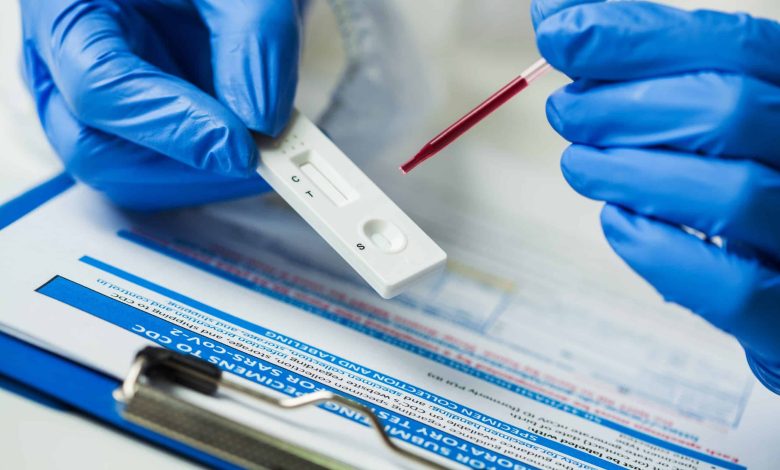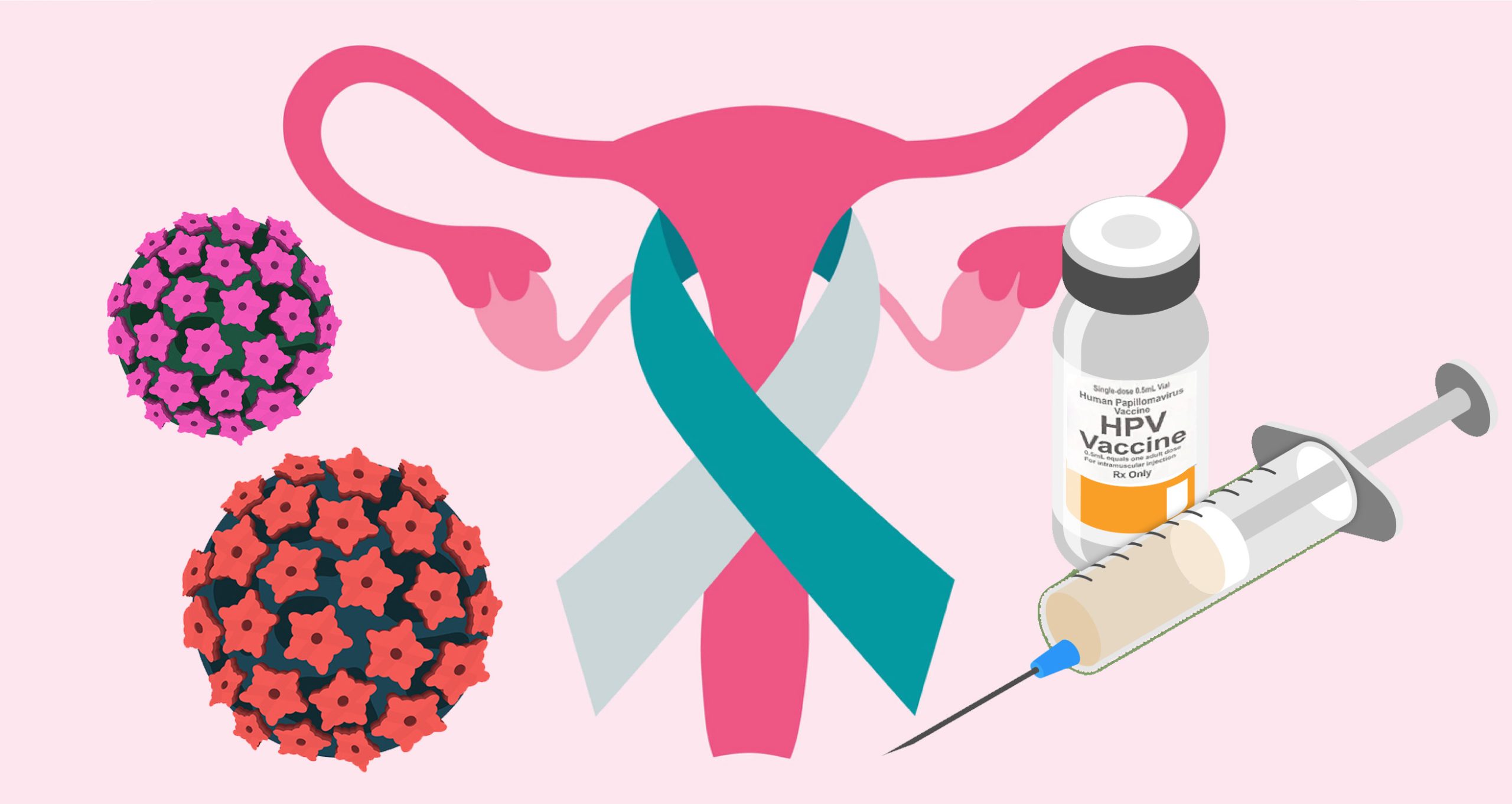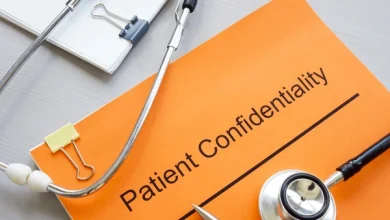Local manufacturing of rapid diagnostic test kits underway

DODOMA: THE government has signed a strategic agreement with US based healthcare company Abbott, to pave the way for the local manufacturing of rapid diagnostic tests in Tanzania, an initiative expected to strengthen the country’s healthcare system and reduce dependence on imported medical supplies.
The deal, signed over the weekend in Dodoma, was witnessed by the Minister for Health, Ms Jenista Mhagama, who described the agreement as a milestone in the country’s ongoing efforts to build a self-sufficient and resilient health sector.
“We are on the right path. One of our key priorities is to increase local production of health products,” said Ms Mhagama. “This initiative will reduce costs, improve access to essential diagnostics and position Tanzania as a hub for quality healthcare services.”
Under the agreement, a new manufacturing facility will be established to produce rapid tests for diseases such as HIV, syphilis and hepatitis.
The minister said this will not only enhance the availability of timely diagnostic services but also contribute to the country’s broader health goals.
She said that the sixth phase government is committed to modernising the healthcare system by leveraging new technologies and fostering strategic partnerships to better serve Tanzanians.
Speaking on behalf of Abbott, Vice-President for Commercial Operations in Infectious Diseases, Mr Steven Henn, said the partnership, which began in October last year, reflects Abbott’s long-term commitment to improving health outcomes in Tanzania and across the region.
“This collaboration shows our dedication to strengthening healthcare systems in Africa through innovation and local partnerships,” Mr Henn said.
On his part, Chief Government Pharmacist, Mr Daudi Msasi, said the agreement would ease the financial burden on the government by reducing the cost of importing diagnostic kits.
ALSO READ: Experts: Not every fever is UTI, avoid random medications
“These funds were being used to purchase testing kits for HIV, hepatitis and syphilis. Local production offers a more cost-effective and sustainable solution,” he said.
The new plant is expected to not only boost access to affordable diagnostics but also create jobs and spur industrial development in the health sector.





